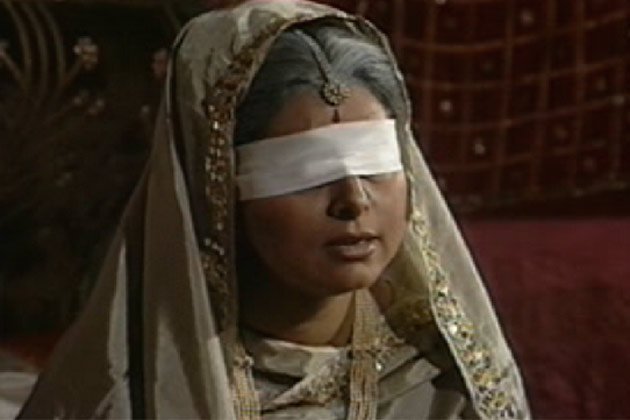The Mahabharata is a Smriti text.
It was written as remembered.
The Gita, a part of The Mahabharata, is a Shruti text.
It was heard as spoken by Lord Krishna.
Both the texts have a lot to teach us, qualities that one can imbibe in one’s personal conduct and perhaps, in one’s life. Here is a list of ten characters and what we can learn from what was once remembered by Vyasa and what was once heard by Arjuna.
1. Krishna taught us that one must perform his duty.
Krishna opens his mouth and shows the entire cosmos to Arjuna. Krishna tells Arjuna that Dharma is both rock-like (Dhar) and pliable like wax (Flowing). Dharma is not your institutional religion. It is your natural and binding duty. It is of ethical nature and you are born with it. A king’s dharma is to perform his kingly duties. Dharma holds the cosmos together. Krishna teaches us how to be dutiful in challenging times.
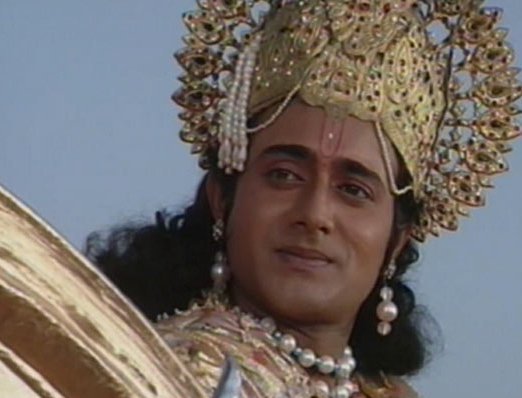
2. From Duryodhana, we learnt that ‘ pride comes before the fall .’
Duryodhana teaches us how blind swa-dharma (desires for your own Self) can lead you to “Adharma.” Duryodhana’s greed is wrong, his methods are wrong. He teaches us that blind pride and wrong actions have consequences and one must be careful and thoughtful about their actions and thoughts.
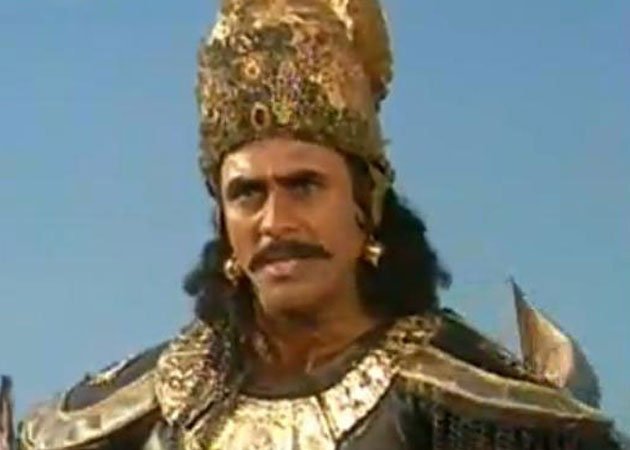
3. Karna taught us about the virtue of kindness.
Karna was known as ‘ Daanveer’ for his generosity and kind nature. Being the son of the Sun God, Karna had a natural armour, that acted as a shield. When Indra begged for alms, disguised as an ascetic, Karna selflessly parted with this precious gift. Indra was so moved by this gesture, he gave Karna his vajra. Karna teaches us that we never have nothing to give.
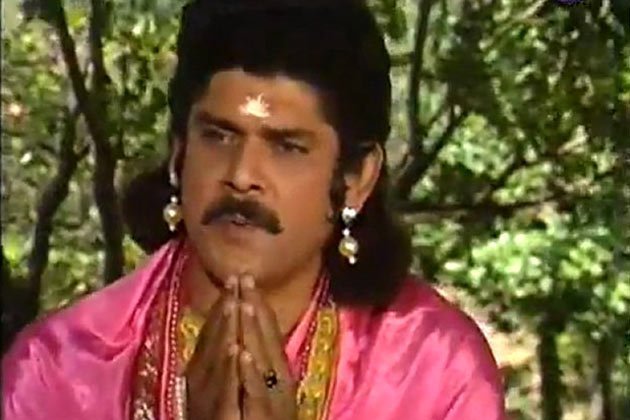
4. Draupadi taught us how we should think before we speak.
Draupadi taunted Karna about his caste and place during her swayamvar. Later, she incensed Duryodhan with her harsh words when he visited their palace. Many historians argue that this is when Duryodhan swore revenge on the Pandavas. Draupadi’s hash words, in a way, led to the battle. This teaches us that one must know what to speak and when to speak.
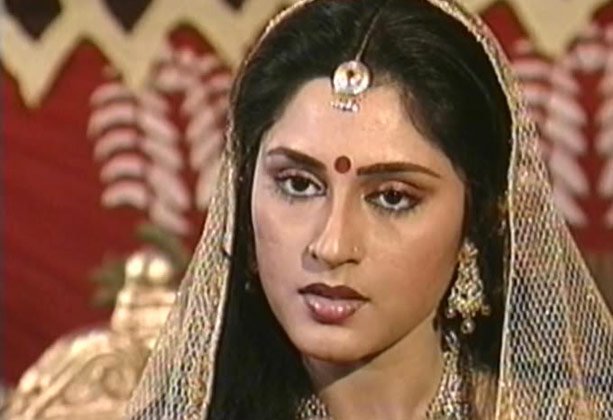
5. Shakuni’s resolution to take revenge lead to the destruction of the Kuru clan. Revenge consumes all!
Shakuni teaches us that the whole idea of revenge can actually consume an entire civilization, a whole order of things – as we see at the end of The Mahabharata.
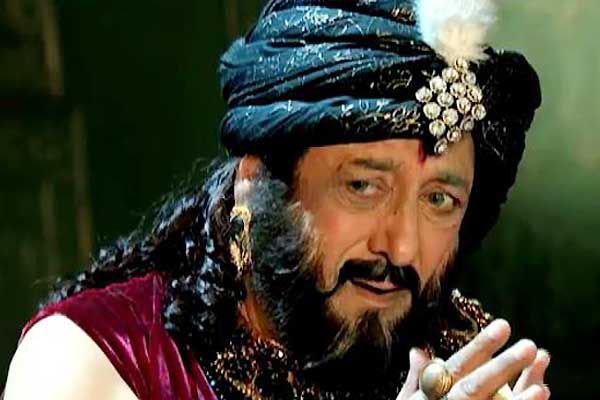
6. Abhimanyu’s brave yet tragic breaking of the “Chakravyuh” teaches us how half knowledge can be dangerous.
Although he bravely volunteered to enter the Chakravyuh, Abhimanyu could not break out out of it. His example shows us how half knowledge can have dangerous results.
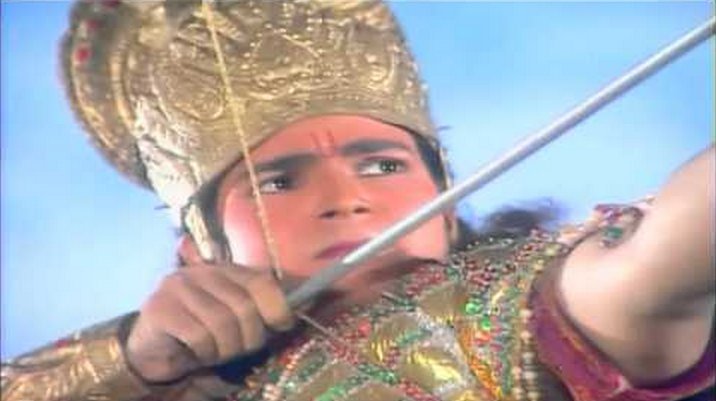
7. Arjuna taught us how single-minded focus can help achieve one’s goals.
When you want something in life, you must be as focused on it as Arjuna. Only this focus can make you a winner, an accomplished person respected by all.
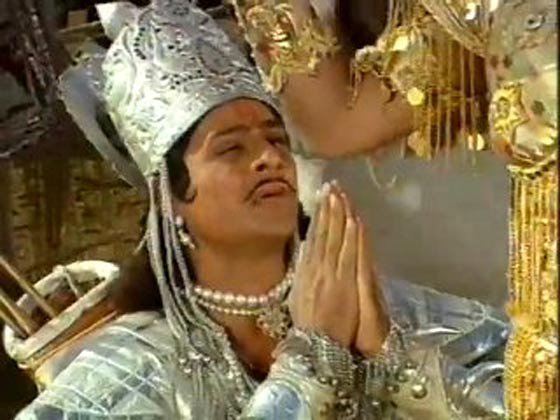
8. Yudhishtra taught us two things.
Yudhishtra was a righteous soul, the most mature and kind out of all his brothers. His virtues are something everyone should try and emulate. Yet, in a fit of hubris and greed, he gambled away his kingdom, his wealth, his brothers and finally his wife. Righteousness is useless unless paired with foresight.
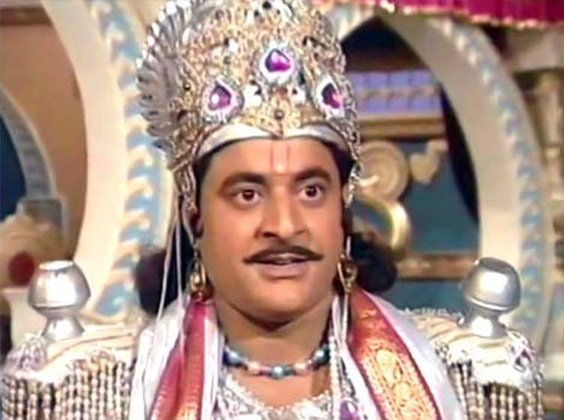
9. The consequences of Dhritarashtra’s actions taught us how one should not be blinded by love.
Not only was Dhritarashtra partially sighted, he also loved his children blindly, and thus he never reprimanded them. Correcting your loved ones when they go astray doesn’t make your love for them any less, it helps them from committing blunders.
